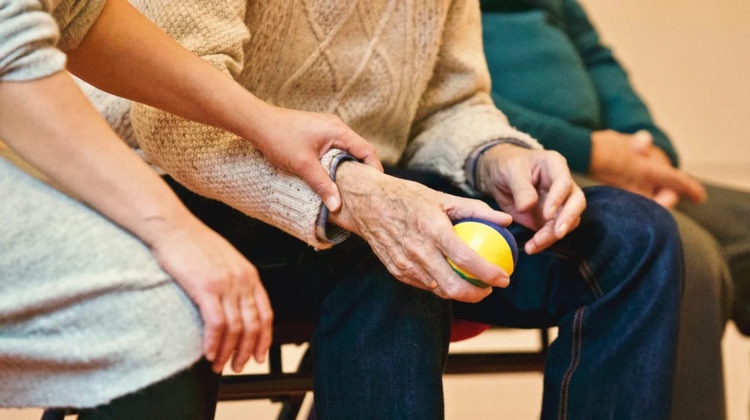An Overactive Bladder (OAB) is not a disease. One of the most common misconceptions about OAB is that it is a disease when it is a group of symptoms. These symptoms affect the bladder or the urinary tract in some way and are often indicators of different conditions.
The most common symptom people will correlate with OAB is a sudden and uncontrollable need to urinate. The need to urinate can be so strong that people may even leak some before they reach the bathroom.
Another infamous symptom associated with an overactive bladder is the need to urinate multiple times a day. This symptom can be especially bad when you might have to go to the bathroom multiple times in a single night (nocturia), often disturbing your sleep schedule.
A good generalization of OAB and its most common symptoms is the need to go to the bathroom often and urgently. While not all of OAB’s symptoms are associated with an urgent need to go to the bathroom, enough of them are that this generalization is not inaccurate.
How Does Overactive Bladder Affect an Individual’s Life?
While it may not sound as serious, OAB can be a very complex set of symptoms to live with since it can affect almost every aspect of your life. The most common aspect of an individual’s life that OAB can affect is their sleep, as the need to urinate multiple times during the night can hurt their mental health physical health and can even lead to serious mental health issues.
Furthermore, people with OAB can also feel very embarrassed about their condition, which is why they often avoid friends and family. People with the condition will often try to meet friends close to home or will always try to look for the nearest bathroom.
Common Misconceptions and Myths About OAB
OAB is unfortunately common, with as many as 40% of women and 30% of men living with one or more symptoms of OAB. However, as people develop symptoms of OAB, they will also have different misconceptions about what is happening to them. It is important to address all misconceptions early on, as some can be expensive, and others can be very dangerous. Some of the most common misconceptions include the following:
OAB is a Normal Part of Growing Old
OAB is not a normal part of growing old. It is a sign that you have a condition that needs immediate attention.
OAB is a Sign that Something is Wrong with Your Prostate
While OAB could result from an individual’s prostate swelling, it is not the only reason. Issues with the bladder or kidneys could also result in symptoms of OAB. Therefore, the only way to find out what is wrong with your prostate is by visiting a urologist.
OAB Treatments are Either too Expensive or not Effective
OAB is not a single condition but a general term for various symptoms. And while some symptoms can be expensive to treat, others can get better with therapy, OTC medication, or minimally invasive therapy.
Causes of Overactive Bladder
When the bladder is full, the brain will send signals to the bladder. The bladder will squeeze the relevant muscles, releasing the urine stored inside. Therefore, when your bladder is empty, it will be relaxed.
During OAB, the bladder will often send signals to the brain, creating the urge to go to the bathroom. OAB can be caused because of overactive muscles in the bladder or damaged nerve signals.
Overactive Bladder: Conclusion
An overactive bladder can be a very painful condition to deal with and often requires the help of an expert. At Fifth Avenue Urology, Dr. Yaniv Larish has the skill, experience, and technology to effectively treat this condition.
For a consultation or to book an appointment, call today.
FIFTH AVENUE UROLOGY
4 East 76th Street
New York, NY 10021
212-675-3186



[…] often referred to as overactive bladder (OAB), is characterized by sudden, strong urges to urinate, often leading to involuntary leakage. […]